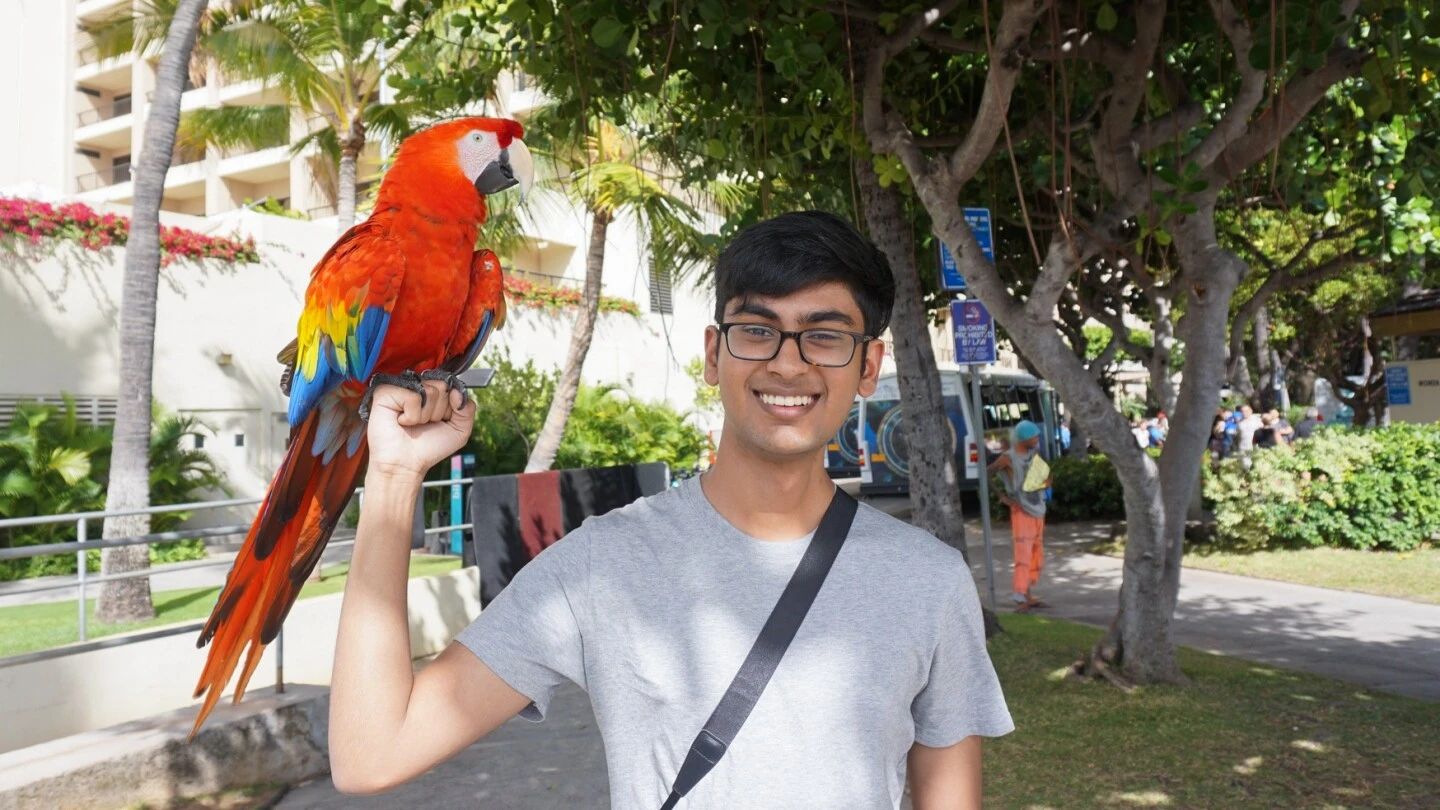
Suchir Balaji, a former OpenAI engineer and whistleblower, has died at the age of 26. He raised legal concerns about copyright violations related to AI training practices before his death. Balaji was found in his San Francisco apartment, and authorities have ruled the death a suicide.
Balaji's contributions to OpenAI were significant, particularly in developing systems like ChatGPT. His growing disillusionment with the company's practices, especially regarding copyright issues, led him to consider legal action. The impact of his concerns on ongoing lawsuits against OpenAI remains uncertain following his passing.
• Balaji raised concerns about copyright violations in AI training practices.
• His contributions were essential to the development of ChatGPT and GPT-4.
Copyright infringement refers to the unauthorized use of copyrighted material, which Balaji believed was occurring in AI training.
A large language model is an AI system trained on vast datasets to understand and generate human-like text, exemplified by GPT-4.
AI training involves using datasets to teach models how to perform tasks, a process Balaji questioned regarding its legality.
OpenAI is a leading AI research organization known for developing advanced AI models like ChatGPT and GPT-4.
Associated Press on MSN.com 14month
The New Indian Express on MSN.com 13month
Isomorphic Labs, the AI drug discovery platform that was spun out of Google's DeepMind in 2021, has raised external capital for the first time. The $600
How to level up your teaching with AI. Discover how to use clones and GPTs in your classroom—personalized AI teaching is the future.
Trump's Third Term? AI already knows how this can be done. A study shows how OpenAI, Grok, DeepSeek & Google outline ways to dismantle U.S. democracy.
Sam Altman today revealed that OpenAI will release an open weight artificial intelligence model in the coming months. "We are excited to release a powerful new open-weight language model with reasoning in the coming months," Altman wrote on X.
